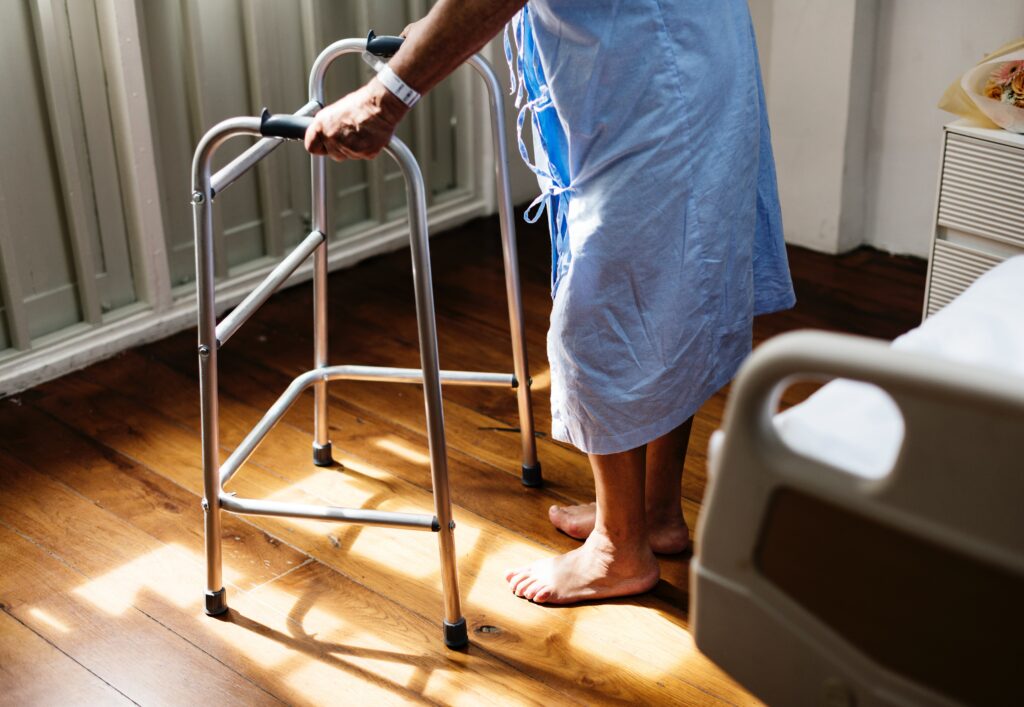In 2016, a romantic movie based on a novel hit the big screen which captured the interest of young people all over the world. It had a familiar love story: wealthy boy meets poor girl; they fall in love; they fight; but eventually reconcile and live happily ever after. Or so it first appeared, until it is disclosed that the paralyzed young man is scheduled to end his life at a clinic in Switzerland.

Me Before You did more than tug at the hearts of movie-goers; it romanticized “death with dignity,” or the right to die. However, according to the recently released World Youth Alliance White Paper on Assisted-Suicide and Euthanasia, in human rights law, “‘dignity’ has a precise meaning: The value an individual human being has simply by virtue of being human. This value is intrinsic, inherent, and universal; it does not decrease or increase in proportion to any personal characteristics, experience, or action…No one loses their dignity as a result of becoming reliant on others for care, or in their experience of suffering.” Thus, the terminology “death with dignity” sounds good, but is an inauthentic term, without basis (as dignity cannot be given nor taken away).
The White Paper aptly discusses the absence of any foundation for the “right to die” in international law, as no human rights treaty expresses its existence, nor is there any established customary law which provides for it. In fact, what some refer to as the right to a “good death” is an ambiguous notion at best. A number of United Nations committees have reported problematic areas in these practices.The White Paper notes that the “United Nations Human Rights Committee has expressed concern at the ease of access to and increasing requests for assisted suicide… The Committee on the Rights of the Child has similarly encouraged the Netherlands, a country where child euthanasia is legal, to strictly monitor its practice and consider prohibiting it.” Additionally, The Committee on the Rights of Persons with Disabilities also flagged potentially abusive situations and recently initiated an inquiry in May 2019 regarding France’s passive euthanasia law.
Thus, far from being a step forward in the advocacy for human rights, euthanasia and PAS are an increasingly problematic affront to the inviolable nature of human dignity.
The White Paper posits that “care grounded in the dignity of the person requires a commitment to meet the physical, psychosocial, and palliative needs of all terminally ill patients.” While there are countries that permit euthanasia, or the “intentional killing by act or omission of a dependent human being for his or her alleged benefit,” and physician assisted suicide (PAS), a far greater number of states still outlaw these acts and consider such as violative of the right to life and run afoul human dignity.

In order to curb abuses and maintain the respect and value that human persons deserve, it is indispensable to look at each person as endowed with an inalienable dignity, the foundation of all other human rights. This dignity should be the basis for how one is to be cared for and accompanied in an admittedly difficult time. In this regard, the White Paper highlights palliative care as an option to alleviate pain and suffering, providing “total care which aims to address all aspects of the pain a patient is experiencing… All efforts must be geared towards ensuring medical and psychosocial care that upholds the fundamental dignity of each person at the end of life without exception.”
Despite the love, care, and joy experienced by Will, the protagonist of Me Before You, the film’s conclusion reinforces the dominant narrative that some lives are better off ended than lived with a disability. This view dangerously treads the path of disability discrimination which opponents to assisted suicide consider as having the possibility of influencing how “quality of life is assessed” and may even impress upon those who are sick and suffering a “duty to die” so as not to impose themselves as a burden on others.
The tragedy of Me Before You is its fatalism: self-determination conflated with self-termination. All-too-common existential questions, “Who am I, apart from my abilities? What do I have to offer?” are left unanswered, when regardless of ability or stage in life, all persons need to be cared for and valued for who they are, not for what they can and cannot do. The World Youth Alliance White Paper on Assisted-Suicide and Euthanasia merits study by anyone interested in protecting the dignity of the person and human rights. You before Me, or accompanying others in their struggles, warrants that we defend the dignity of all persons, especially for vulnerable populations and those who fail to see their dignity themselves.
[su_divider top=”no” size=”1″ margin=”10″]
Published: September 18, 2019
Written by Jesus Joel Mari Arzaga, J.D., a New York Advocacy intern alumni from the Philippines
WYA’s White Papers address the most significant topics in global policy discussions and in key international proposals. The White Paper on Assisted Suicide and Euthanasia will soon be available on the WYA website on September 27, 2019.







